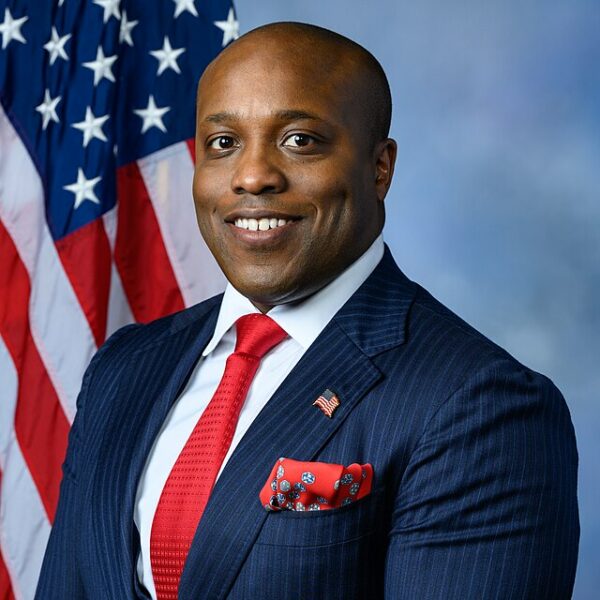
In an unguarded moment behind closed doors—a Zoom meeting not meant for public ears—Ken Martin, the newly appointed chairman of the Democratic National Committee, confessed aloud what many in the party have whispered in private: he is not sure he wants to continue. One hundred days into his tenure, besieged by ideological insurgency and generational rebellion, Martin’s words—captured and published by Politico—landed not merely as a personal admission, but as a symptom of a deeper institutional rot.
“I’ll be very honest with you, for the first time in my 100 days on this job … the other night I said to myself for the first time, I don’t know if I wanna do this anymore,” he said, voicing the internal fatigue of a man caught between obligation and futility.
The immediate flashpoint is David Hogg—gun control activist, Parkland survivor, and, at 25, the youngest vice chair in party history. Hogg represents not just a generation but a disposition: impatient, ideological, insurrectionary. Through his political action committee, Leaders We Deserve, Hogg has pledged $20 million to defeat sitting Democrats—his own colleagues—in a campaign to replace them with younger, more doctrinaire progressives, the outlet wrote.
“No one knows who the hell I am, right? I’m trying to get my sea legs underneath of me and actually develop any amount of credibility so I can go out there and raise the money and do the job I need to to put ourselves in a position to win,” Martin said, addressing Hogg. “And again, I don’t think you intended this, but you essentially destroyed any chance I have to show the leadership that I need to. So it’s really frustrating.”
It was an extraordinary admission from the chair of the Democratic Party, just a few months after being elected to lead the party through its post-2024 crisis. The nearly two-minute clip does not include the entire conversation, including how Hogg and others may have responded to Martin.
Asked for an interview, Martin, 51, sent a statement through a spokesperson. In it, he said, “I’m not going anywhere.”
“I took this job to fight Republicans, not Democrats,” he added. “As I said when I was elected, our fight is not within the Democratic Party, our fight is and has to be solely focused on Donald Trump and the disastrous Republican agenda. That’s the work that I will continue to do every day.”
Martin, a product of the old apparatus—a 52-year-old builder of coalitions and state-level machinery in Minnesota—has resisted. His calls for neutrality in primaries are not merely procedural. For Martin, the integrity of the party depends on process, on balance, on the notion that leadership arises from within, not from scorched-earth campaigns funded by litmus tests.
The great irony of Martin’s predicament is that he joined former vice presidential nominee Tim Walz in backing Hogg’s campaign to run for vice chair.
But in this struggle, the old norms no longer constrain. Hogg has already violated them. Martin, outmaneuvered and besieged from below, issued an ultimatum: one cannot be both a party officer and a partisan kingmaker. Party leaders have already taken steps to remove Hogg from his position within the party.
Yet Hogg remains in his post, undeterred and defiant. The DNC—nominally led by Martin—is adrift, lacking both the will to enforce order and the consensus to reform it.
The consequences ripple outward. On social media, the schism has metastasized into public acrimony. Allies of Martin demand Hogg’s ouster, calling his actions insubordinate and corrosive. But Hogg’s defenders see him as a necessary corrective—a righteous hammer in a crumbling edifice. The fight is not over tactics but over truth: Is the party a vehicle for governing or for transformation?
Or, really, is it just a vehicle for people to complain about Republicans?
With a critical vote looming on June 9—one that will determine whether Hogg remains in leadership—the party teeters on a precipice. The outcome may settle nothing. Even if Hogg is removed, the forces he embodies will remain. Even if Martin stays, his authority will be circumscribed by the knowledge that in this party, legitimacy is no longer inherited—it must be seized.
[Read More: Trump Takes Drastic Action]











